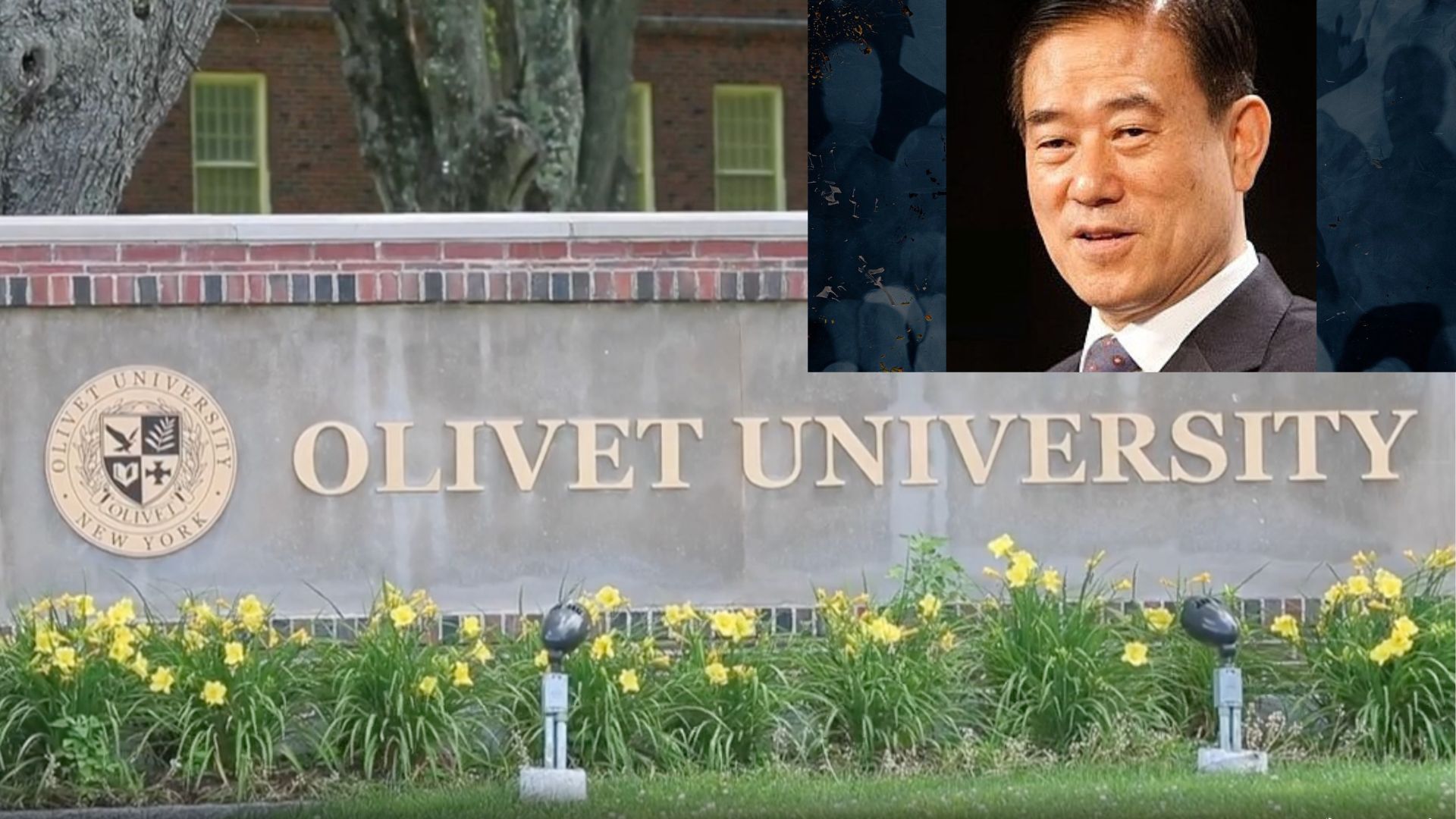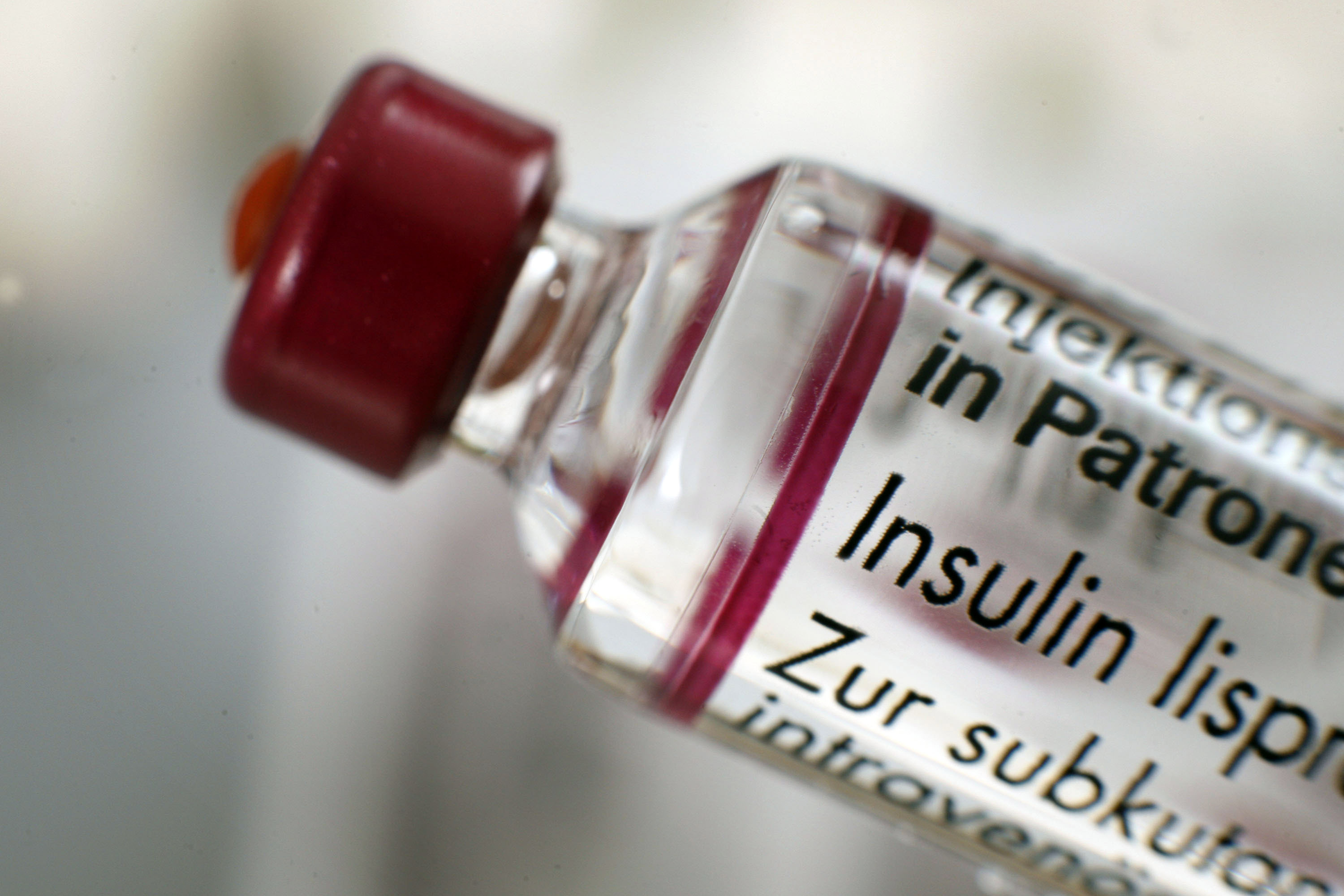What's New
The U.S. Supreme Court will a new abortion case that could have "ripple effects" for patients living in Republican-leaning states.
The Supreme Court announced on Wednesday it will decide on the case Kerr v. Planned Parenthood South Atlantic. The case centers on a legal dispute about South Carolina's efforts to block Planned Parenthood from receiving state Medicaid funds. Specifically, it deals with whether patients can sue over the program to receive care at whichever health care provider they prefer.
Why It Matters
The Court siding with South Carolina to prevent patients from suing over the policy could have implications for patients in the Palmetto state and others where lawmakers have sought to defund abortion providers, Mary Ziegler, a professor of law and expert on reproductive rights at the University of California, Davis, told Newsweek.
Such a ruling would be a "blow to the funding" of Planned Parenthood in those states, both for abortion care and other services offered, including cancer screenings, Ziegler said.
"Often, but not always, those clinics go into underserved neighborhoods that don't always have access to other health care," she said. "If they have less capacity to provide care, they would have to close. That would have ripple effects for people who have zero interest in the abortion issue at all."
Thirteen states have passed abortion bans after the U.S. Supreme Court overturned Roe v. Wade, the landmark case that for decades guaranteed reproductive rights across the country, in 2022. Many other Republican-leaning states have passed stringent policies limiting abortions. Abortion remains a key political and legal issue in the ruling's aftermath.

What To Know
The case was one of two cases the Supreme Court granted certiorari on Wednesday, along with a challenge to a law banning social media platform TikTok.
The dispute began in 2018 when South Carolina first moved to block Medicaid from funding abortion providers. Critics of this policy argue that state funding already cannot go to abortion and that it would only make it more difficult for patients to receive other care.
Others, however, say that Medicaid funding other programs frees up money to go toward abortion.
Ziegler said the Court siding with South Carolina would lead to an "avalanche in similar policies in red states." The consequences in many of those states, where abortion is banned entirely, would be "less acute" but would still have effects on other care provided by those clinics.
While the Court previously overturned Roe, it hasn't weighed in on the issue of free choice of provider, Ziegler said, noting that the circuit courts have been divided on it.
South Carolina law currently bans abortion after six weeks but makes exceptions to save the mother's life or to prevent serious risk to their health, as well as rape and incest exceptions.
What People Are Saying
Jenny Black, president and CEO of Planned Parenthood South Atlantic, in a statement: "This case is politics at its worst: anti-abortion politicians using their power to target Planned Parenthood and block people who use Medicaid as their primary form of insurance from getting essential health care like cancer screenings and birth control."
The Pro-Choice Caucus, led by Representative Diana DeGette of Colorado and Barbara Lee of California, in a statement to Newsweek: "Denying coverage for routine health care to score political points at the expense of patients is dangerous. Legitimizing those politically motivated attacks would have devastating consequences. We proudly stand with patients and will be watching next year."
Katie Daniel, director of legal affairs for Susan B. Anthony Pro-Life America, in a statement to Newsweek: "South Carolina is a pro-life state that protects babies with a heartbeat. The people of South Carolina should not be forced to subsidize the largest abortion business in the country which performs painful late-term abortions. We hope this case can facilitate the will of Americans who don't want their taxpayer dollars to fund abortion businesses."
What Happens Next
The case is expected to be argued in the spring, PBS News reported.




















 English (US) ·
English (US) ·